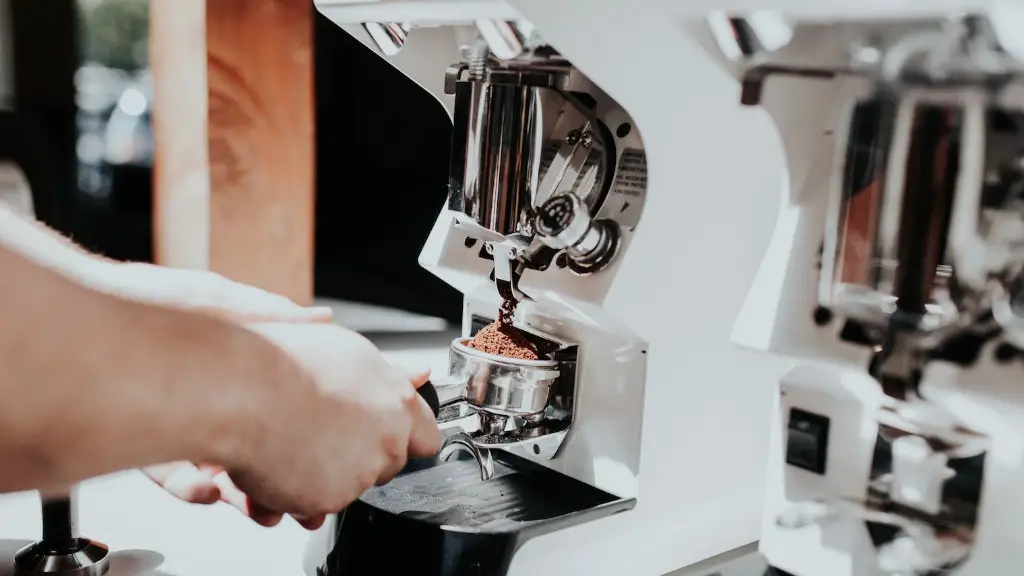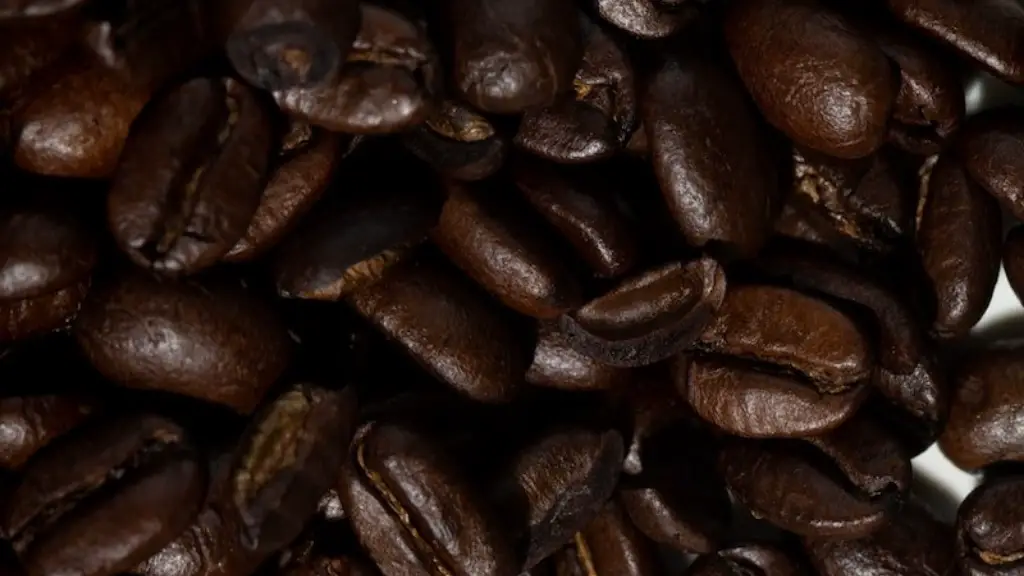It’s a common thought pattern: teenagers are known to like coffee and the question arises, what age is the right age to start drinking coffee? Though various opinions surround the topic, the answer isn’t black and white – it depends on individual factors.
Childrens’ health and nutrition is an important aspect to consider when deciding if they should drink coffee. The impact of caffeine on developing bodies could hinder the process of acquiring important nutrients, as caffeine disturbs the absorption of some minerals and vitamins, like zinc, magnesium and folate. Therefore, caution is recommended for children aged 12 and younger.
In terms of the long-term effects of coffee to beverage, it’s important to consider the increase in digestive problems such as heartburn, nausea, and increased urination that may arise from drinking coffee as a young person. Moreover, according to the US Department of Health and Human Services, drinking too much coffee and/or drinking it for a long-time may increase the risk of cardiovascular disease, certain cancers, and in some cases lead to anxiety and hypertension during adulthood.
Adolescents aged 13-18 should drink no more than 100mg of caffeine per day, which is equivalent to two 30ml cups of black coffee. Moderate caffeine intake has been shown to increase focus and mental alertness and can provide energy – especially when teenagers are often sleep deprived. Despite this, it can also encourage compulsive behaviour if taken too frequently and in large quantities. Therefore, adolescents must strive for conscious and healthy coffee drinking habits.
Tips for Healthy Coffee Habits
To ensure that coffee is consumed in a healthy, conscious way for adolescents and adults, here are a few tips to follow:
- Keep track of the amount of coffee consumed in a day, as well as the intensity of the blend.
- If possible, drink organic and sustainable coffee – use a cafetiere, Chemex or Aeropress with freshly ground organic beans.
- Limit the addition of sugar and opt for healthier alternatives, like natural honey and coconut sugar.
- Alternatively, swap coffee for herbal or probiotic tea or try other beverages like matcha and chaga.
- Whenever possible, take a break from coffee and treat yourself to an iron-rich smoothie.
- Finally, look for the development of any physical or mental health issues and consider limiting overall caffeine consumption.
What the Experts Say
Cutting through the noise can be difficult when there are so many contradicting opinions about what age is appropriate to start drinking coffee. According to research conducted at the Harvard School of Public Health, “children should limit daily caffeine intake because of its diuretic effects and because caffeine is mildly addictive.”
Registered nutritionist and dietician, Angela Dowden, states, “It’s not just caffeine we should think about with regard to children’s coffee consumption. For example, a latte may also provide added fat in the form of full fat milk, while a cappuccino might contain added sugar with the sprinkling of chocolate powder. Plain, strong black coffee is recommended for youngsters rather than anything too sweet and creamy.”
In summary, being aware of the potential long-term impacts of coffee consumption is paramount for all ages, especially for younger people. If done in moderation and with healthy substitutions, incorporating coffee into one’s lifestyle can benefit physical and mental health when properly monitored.
Coffee for Weight Loss
When trying to lose weight, lots of people reach for coffee as a go-to beverage. Whilst the caffeine in coffee can have a positive effect on alertness, aiding in weight loss is not one of its main functions. In fact, according to nutritionist, Rick Hay, “Coffee, in and of itself, cannot help you lose weight. But coffee can be a useful tool to help you increase your energy levels and focus when dieting, making it seem easier to stay on track.”
If you’re looking to combine coffee drinking with a healthier lifestyle, think about having black coffee without sugar or adding lower fat milk or alternative milk, such as soy or almond milk. You could also swap coffee for matcha as an alternative source of green tea with added caffeine. Other options to consider include drinking herbal tea, like chamomile, rooibos and peppermint, in its place with the aim of increasing energy and aiding digestion.
Healthy Coffee Alternatives
When it comes to coffee drinking, alternative options are essential to achieve a healthy and balanced lifestyle. This is especially relevant to younger people, as they develop to adulthood. Video calls with friends over herbal teas, matcha or drinks such as hot chocolate can help keep connected with others. It also allows for a healthy switch from coffee consumption, particularly late in the evening.
Consuming a variety of natural sources, such as occasional smoothies, will ensure overall well-being. Fruits and vegetables with vitamins and minerals are beneficial for healthy growth and provide natural energy boosts. Furthermore, exercising and increasing magnesium are great ways to build energy and alertness levels for young people.
Helping Young People Balance their Lifestyle
To help ensure that young people healthy development,
making sure that caffeine is consumed in moderation is preferred. Though staying connected with friends and having energy to focus are essential and can be aided by coffee, there are other healthier, more fibrous and natural sources that can assist. Therefore, drinking black coffee before the age of 12 is largely advised against, whereas drinking organic black coffee, with mindful substitutions of natural sweeteners, can be introduced in moderation as teenagers.
Mentally Stimulating Activities
In order to increase energy levels and create strong focus, mental stimulation is essential. When not drinking coffee, there are lots of other activities to explore like playing video games, puzzles and sports with friends. Moreover, learning new skills such as coding, cooking and guitar playing can give a feeling of accomplishment, keep up brain aciveness and help build important life skills.
Equally, for young people, investing in creative hobbies, ensuring proper hydration and using natural stimulants like green tea can help to develop an overall healthy lifestyle. Taking supplements with iron, magnesium and zinc can further benefit the process.
High Performance and Nutrition Coaching
Performance and nutrition coaches offer guidance on how to improve energy levels, focus and overall well-being in a sustainable manner. Creating tailored plans based on specific needs and different age groups, coaches can help athletes, young people, adults and even seniors to understand and strengthen the effects of food and drink on their bodies, but also to uncover potential blocks and create a balanced lifestyle.
Performance and nutrition coaches can help uncover potential areas for further improvement and assist in reaching physical and mental potential. They normally provide a plan for nutrition, lifestyle and performance and consider their client’s goals and physical capacity, as well as their health history.
The Importance of Detoxing
Finally, detoxing also has a role to play when looking to improve energy levels, focus and overall wellbeing. Where possible, concentrate on reducing the caffeine intake and focus on daily hydration and ensuring a balanced diet rich in nutrients and various natural vitamins. Taking the time to rest and relax is essential in the overall process, enabling the body to restore, recharge and detox itself.
Additionally, practising yoga, meditating and increasing sleep will help the body to restore the natural functions. This in turn will help to strengthen and restore the effects of food and drink on the body and mind, consequently improving overall physical performance.




